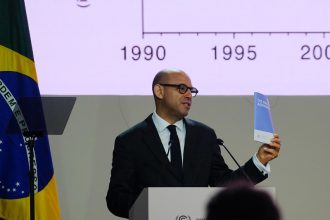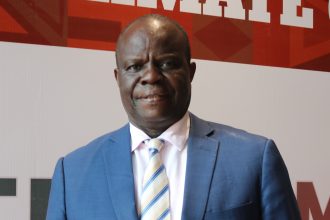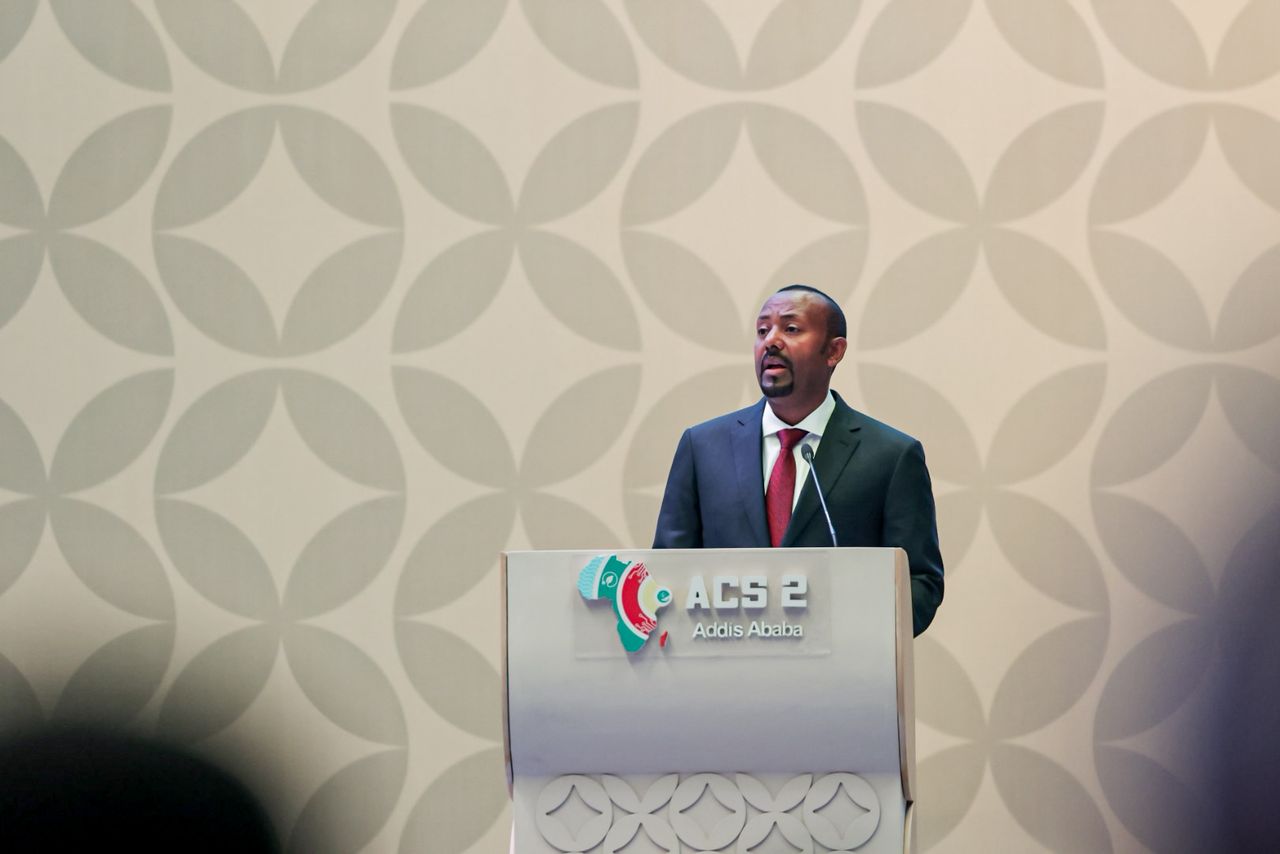By Henry Neondo
The Second Africa Climate Summit (ACS2) opened Monday in Ethiopia’s capital with urgent calls from leaders, youth, and civil society for Africa to shift from climate rhetoric to tangible results.
Under the theme “Accelerating Global Climate Solutions: Financing for Africa’s Resilient and Green Development,” the summit gathered heads of state, ministers, and global partners to set an action-oriented agenda for the continent’s climate future.
From Rhetoric to Results
Opening the session, H.E. Mahamoud Ali Youssouf, the African Union Commission Chair urged African governments and partners to integrate climate into peace-building efforts and address the growing displacement caused by climate change.
“The credibility of the African Climate Summit will not be judged by eloquence, but by the delivery of results,” he said. “We must move from vision to delivery, and from rhetoric to results.”
He outlined three core priorities: an action plan with measurable timelines, a financing strategy that secures grants and reduces debt burdens, and a governance framework where non-state actors are treated as “co-creators of Africa’s destiny.”
Ethiopia, the host nation, used the summit to spotlight its climate programs. Prime Minister Abiy Ahmed pointed to the Green Legacy Initiative, which has planted more than 48 billion seedlings since 2019, as well as the Grand Ethiopian Renaissance Dam, set to generate 5,000 megawatts of clean power for Ethiopia and its neighbors.
“Too often, Africa’s story begins with what we lack — finance, technology, time,” he said. “Let us instead begin with what we have: the youngest population in the world, vast solar resources, and the resilience to build a new climate economy.”
Mr. Ahmed also announced Ethiopia’s candidacy to host COP32 in 2027 in Addis Ababa.
Financing and Partnerships
The European Union reaffirmed its support, with Speaker 1 announcing a €1.5 billion investment in renewable energy value chains and resilient infrastructure by 2027. He hailed Africa’s potential as a clean energy powerhouse but warned that progress since the Paris Agreement remains insufficient.
“We have brought warming projections down from 3°C to 2.1°C,” he said. “But 2.1°C is still not safe. Ambition must now turn into action.”
Youth and Civil Society Step Forward
Elizabeth Wathuti, representing the African Youth Climate Assembly, called for the creation of a Continental Youth Climate Fund to channel resources toward youth-led innovation.
“Young Africans are not just asking for a seat at the table,” she said. “We are building the table. The Africa Youth Climate Assembly must be institutionalized within the African Union’s climate governance structures.”
Civil society leader Dr. Mithika Mwenda stressed the need for accountability. “Africa does not need another declaration that gathers dust,” he said. “We need an implementation blueprint with timelines, milestones, and delivery that communities can trust.”
Dr Rosald Nkirote, the African Coalition of Communities Responsive to Climate Change (ACCRCC) welcomed the commitments and calls for urgency but emphasized that community realities must shape the outcomes of ACS2.
According to ACCRCC representatives, Africa’s credibility will not only be measured by global pledges but by tangible changes felt in villages, farms, and fishing communities across the continent. “When women farmers in Busia, fisherfolk along Lake Victoria, or pastoralists in Samburu can point to real improvements in their lives as a result of summit commitments, then Africa can truly say we are moving from rhetoric to results,” ACCRCC noted.
The coalition also warned against financing models that worsen debt burdens, insisting that climate finance for Africa must be grant-based, accessible, and community-driven, rather than funneled through bureaucratic processes that exclude grassroots actors.
On inclusivity, ACCRCC reiterated its demand that climate governance be accessible to all, including persons with disabilities, women, and youth at the margins. “A just transition means leaving no one behind — not in policy rooms, not in implementation, and not in benefit-sharing,” the coalition stressed.




